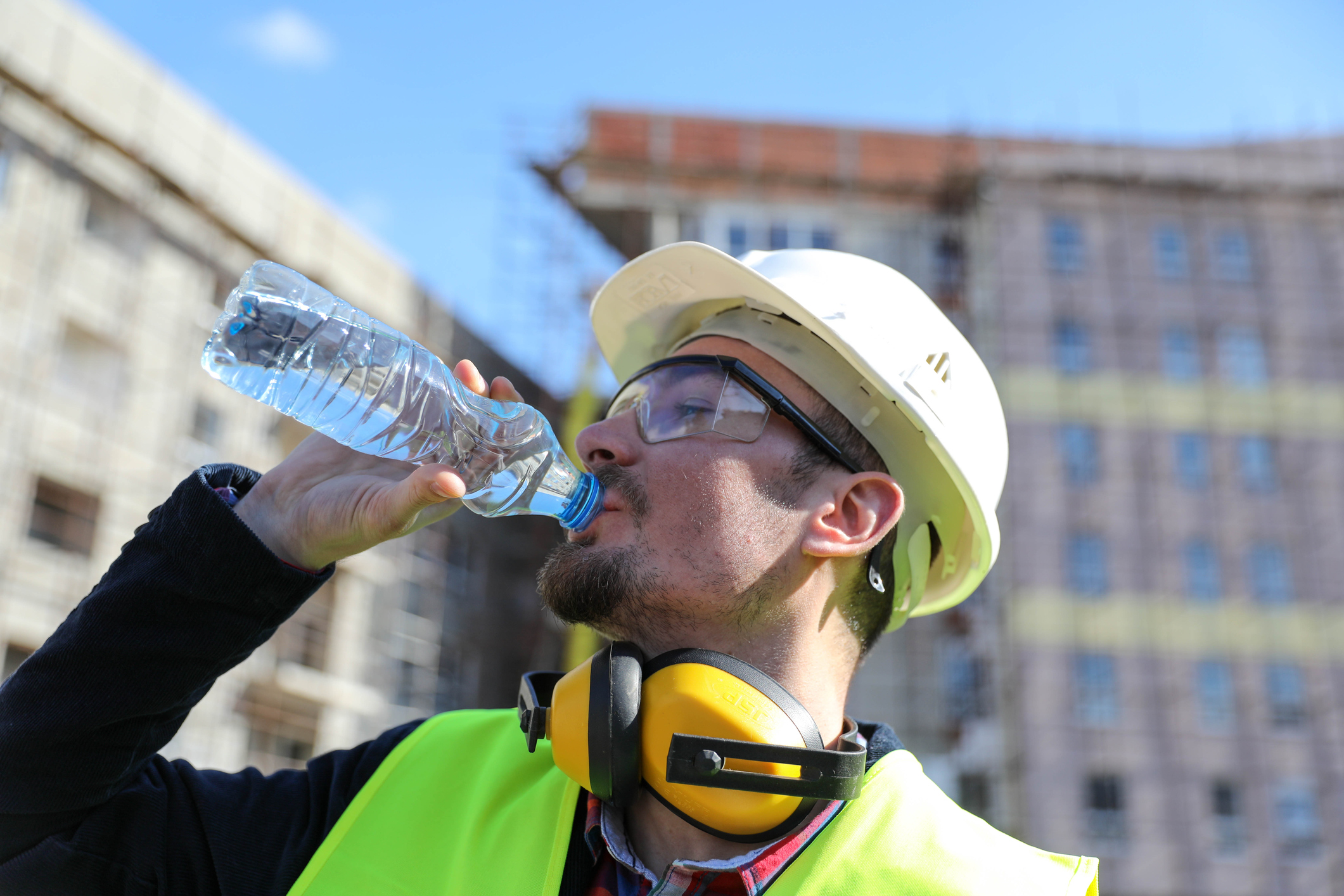Can Icatch the Flu Again From My Tooth Brush

Stock epitome | Photo by busracavus/ iStock/ Getty Images Plus, St. George News
FEATURE — We all know information technology is important to clean and disinfect to reduce the chance of getting sick, but with many illnesses circulating, including the common cold, flu, RSV, mitt-pes-mouth disease and the COVID virus, now is an of import fourth dimension to reevaluate hygiene habits.
How often practice you clean and disinfect items that are used daily? Can you reinfect yourself with items such equally a toothbrush or reusable h2o bottle? Consider this information.
Toothbrushes
According to the Centers for Illness Command and Prevention, nosotros now know the hazard of catching COVID afterwards touching a contaminated surface, such every bit a door handle, is low. But what about personal items like a toothbrush – is there a take a chance for reinfection?
Although information technology's ordinarily recommended to supercede your toothbrush after an illness due to the take chances of becoming re-infected, professionals concord this isn't typically true for viruses.

Biserka Stojanovic/iStock/Getty Images Plus, St. George News
Afterward your body has fought off a virus, such as the flu or COVID, in most cases your immune system will take developed the necessary protection to forbid reinfection of that detail virus.
With that being said, information technology is possible to infect others if the contaminated toothbrush comes into contact with some other castor. Additionally, a toothbrush can exist the cause of reinfection of a bacterial illness, such as strep throat. Since bacteria will die in the presence of oxygen, bacteria on a toothbrush that properly air dries betwixt each use generally is not an issue for reinfection.
However, bacteria can colonize if the bristles do not dry completely, which is why some professionals agree it is best practice to supervene upon a castor subsequently a bacterial illness. The CDC recommends against using dishwashers, microwaves or other means to disinfect toothbrushes, equally these methods may damage the castor.
Water bottles
How do you avoid reinfection from a commonly used item that travels dorsum and forth with virtually people?
According to Michigan Country University Extension, you should wash the bottle in hot water with a teaspoon of unscented dish soap each day to reduce the adventure of affliction from bacterial growth. Soak the bottle in soapy water for a few minutes, rinse it well using warm water and let it to completely dry before the next use.

Alternatively, y'all tin can clean and sanitize bottles in the dishwasher if they are dishwasher safe. Avert letting your water canteen sit down with water left in information technology for long periods of time.
Although COVID and the flu primarily spread through respiratory droplets from an infected person's coughs or sneezes, experts recommend washing and sanitizing bottles after each use. Do not share a h2o bottle with someone who has cold-like symptoms.
General cleaning and disinfecting
To reduce the adventure of infection from most illnesses, consider the following recommendations:
- Clean regularly using a household cleaner that contains lather or detergent. Using this type of cleaner volition reduce the number of germs on surfaces, which decreases the risk of infection. Areas to focus on include high-impact surfaces such equally calorie-free switches, electronics, doorknobs, countertops, etc.
- If someone in your household is ill or someone who has been in your domicile within the final 24 hours falls ill, it is recommended to disinfect to kill any remaining germs. Always follow the directions of the disinfectant and launder your hands immediately after use.
- Wear a mask when cleaning areas the sick person used, and open windows and use fans to help increase airflow.
- Remember all the usual precautions – wash your hands or use manus sanitizer when water and soap are not available, cover your nose and mouth when you lot sneeze or cough, avert shut contact with sick people and avoid sharing personal items with them, immunize yourself from infectious diseases, and stay home when you practise non feel well.
Written past EMMA PARKHURST, USU Extension assistant professor, health and wellness.
Copyright St. George News, SaintGeorgeUtah.com LLC, 2022, all rights reserved.
LATEST STORIES
Complimentary News Commitment by Email
Would you like to have the day'due south news stories delivered correct to your inbox every evening? Enter your email below to starting time!
chaneythabelloved85.blogspot.com
Source: https://www.stgeorgeutah.com/news/archive/2022/01/11/prc-usu-extension-can-you-reinfect-yourself-using-an-old-toothbrush-brush-up-on-your-cleaning-routine-with-these-tips/
0 Response to "Can Icatch the Flu Again From My Tooth Brush"
Post a Comment